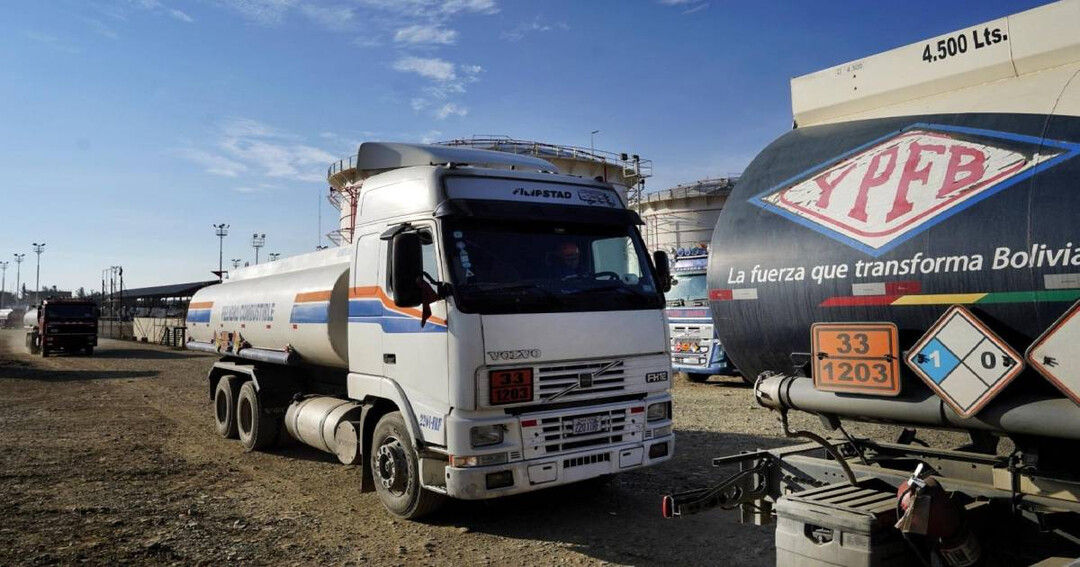
La Paz, Bolivia – In a significant move to liberalize its energy sector, the Bolivian government has finalized a decision to allow private companies to import fuel. This policy shift will mark the end of the state-owned oil company YPFB’s monopoly on fuel imports.
Key Provisions:
Price Benchmark: The National Hydrocarbons Agency (ANH) has set a benchmark price for imported fuels. The prices are fixed at $1.20 per liter for gasoline (RON 85-94), $1.25 per liter for premium gasoline (RON 94+), and $1.24 per liter for diesel.
Flexible Pricing: The established prices are not rigid and can be adjusted based on fluctuations in international oil prices.
Intensified Competition: YPFB, which has dominated Bolivia's fuel market, will now face competition from private companies. YPFB currently sells fuel at $1.10 per liter, and private companies are expected to offer slightly higher prices.
Expanded Consumer Choice: The entry of private companies will provide consumers with a wider range of fuel options in terms of price and quality.
Enhanced Transparency: The government has introduced a unified administrative process to ensure transparency in the fuel import process.
Product Differentiation: To enable easy identification by consumers, fuels imported by private companies will be distinguished from those sold by state-owned enterprises through color coding.
Promoting Competition: The entry of private companies is expected to intensify competition in the fuel market and lead to price reductions.
Implications:
Opening up Bolivia's Energy Market: Bolivia is opening up its energy market to private sector participation.
Improving Consumer Welfare: Consumers will have more choices and may benefit from lower fuel prices due to increased competition.
Transforming YPFB: The state-owned YPFB will need to become more efficient and explore new business models to compete with private companies.
Boosting Economic Growth: Fuel import liberalization is expected to stimulate business activity and contribute to economic growth by reducing logistics costs.
This decision by the Bolivian government is expected to bring about significant changes to the country's energy market. The increased participation of the private sector is anticipated to enhance competition, improve consumer welfare, and increase the efficiency of the energy market. However, sustained government oversight and regulation will be necessary to ensure the smooth implementation of this new system.
[Copyright (c) Global Economic Times. All Rights Reserved.]




























